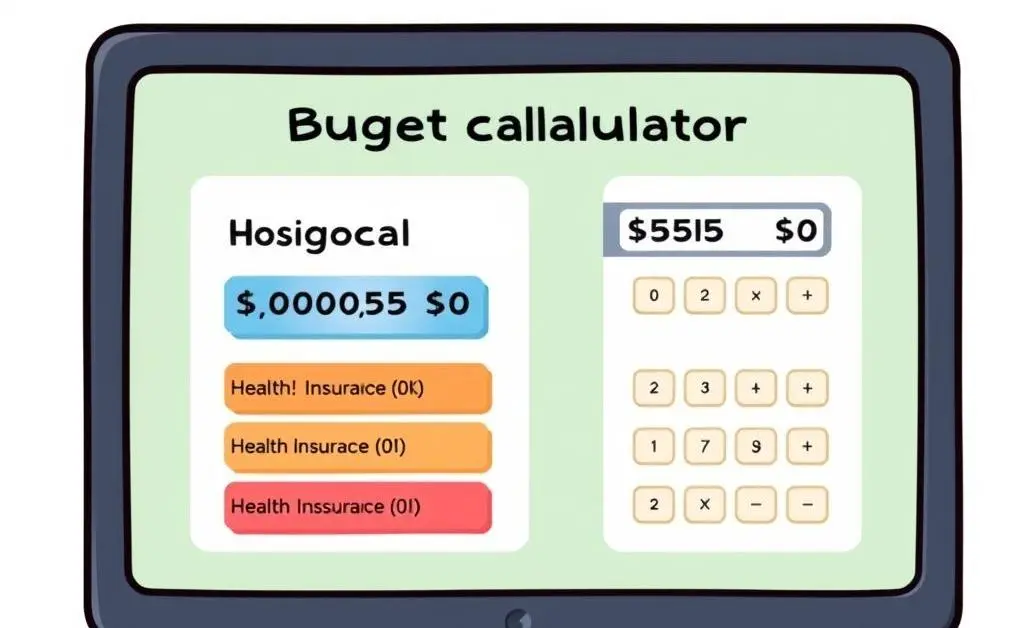Navigating the Maze of Health Insurance Estimations: Your Go-To Guide
Easily estimate health insurance costs with our beginner-friendly guide.

Health insurance is a bit like a puzzle—complex, sometimes stressful, but oh-so-important to solve. I know the challenge of estimating your health insurance costs can feel overwhelming, with terms like 'deductibles' and 'copayments' flying around. But don't worry, I've got you covered. Let's break down the process together and make it simple.
Why Estimating Health Insurance Costs is Important
Ever wondered why it's crucial to estimate your health insurance costs before you dive into a plan? Well, understanding these expenses is key to avoiding any potential financial shock. Trust me, I've been there—dealing with unexpected medical bills isn't fun, especially when you're on a tight budget.

Getting Started: Know Your Basic Costs
First things first, let's look at the basic components of health insurance costs:
- Premium: This is your monthly bill for health insurance. Like a Netflix subscription, but possibly more expensive.
- Deductible: It's the amount you pay before your insurance starts to step in. Think of it as your share of the tab before the insurance helps out.
- Copayment & Coinsurance: These are the portions you pay for medical services after meeting your deductible. It's a cost-sharing dance between you and the insurer.
Using Online Calculators for Estimations
One of the easiest ways to get a handle on your potential costs is by using online health insurance calculators. These tools can help you forecast monthly expenditures based on multiple factors including age, health status, and coverage needs.

Factors to Consider in Your Calculations
Remember, not every plan is the same. When you're plugging your information into a calculator, consider factors like:
- Your typical health care usage: Are you a frequent visitor to the doctor, or more of a 'let's wait it out' type?
- Your comfort with risk: High-deductible plans may mean lower premiums but could lead to higher out-of-pocket expenses.
- Family needs: If you're not flying solo, think about your family's health needs too.
Key Takeaways
Estimating health insurance costs doesn't have to be daunting. A little knowledge can go a long way in making informed decisions that protect both your health and wallet. Start by understanding the basic cost components, use reliable online tools for an estimate, and account for personal and family medical needs.

So, next time you're puzzling over insurance docs, remember: You're not alone, and with a little guidance, you can piece together the perfect plan for you and your loved ones. How do you approach planning your health insurance? I'd love to hear your thoughts!




